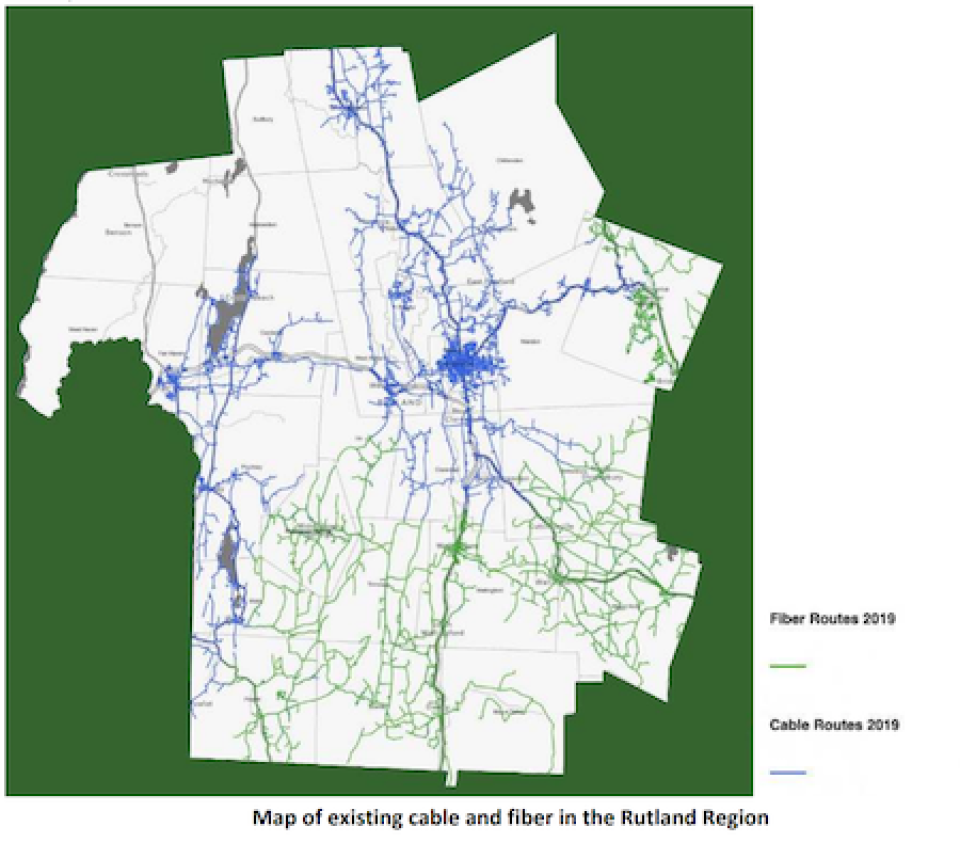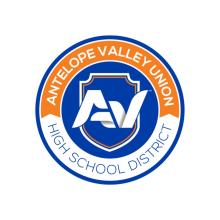
With nearly 65,000 households unable to connect to the Internet at basic broadband speeds of 25/3 Megabits per second (Mbps), municipalities across the Green Mountain State have risen to the fore in formulating creative models for addressing the tens of thousands of homes without broadband access. Iterating on the EC Fiber (with roots back to the early 2000s), joint, municipally led projects have led to the creation of a total of nine Communications Union Districts (CUDs) at present, which places community-owned broadband at the forefront in Vermont.
What’s equally exciting is that the state has likewise stepped up, calling the CUDs the primary avenue by which it will solve the state’s connectivity crisis, and funneling at least $116 million in their direction in the next handful of years, with much of this spending dedicated to CUDs. To date, nearly 85 percent of Vermont’s municipalities and 90 percent of its underserved locations fall within a CUD.

Otter Creek Communications Union District (OCCUD) is one of the newest additions, located in the south-central part of the state. It was conceived in July 2020 when the Vermont Department of Public Service awarded the Rutland Regional Planning Commission with a grant for a feasibility study and business plan to bring fiber broadband to the community. The town of Brandon then voted to create OCCUD, and the town of Goshen voted to join the CUD soon afterwards. Today, Otter Creek comprises 14 member communities in South Central Vermont, including Benson, Brandon, Castleton, Chittenden, Fair Haven, Goshen, Hubbardton, Pittsford, Rutland Town, Sudbury, West Rutland, Poultney, Mendon, and Pawlet.
As a new CUD, Otter Creek is still navigating the planning stages of the project, motivated by the opportunity fiber will provide to allow residents to “compete in the global economy.” Otter Creek’s feasibility study for a fiber buildout was approved by December 2020, and the CUD is currently working on a business plan. Otter Creek also sought out proposals for engineering services and grant administration, which were due in June and September, respectively. At the end of January, the Governing Board Committee was about to begin participating in an accelerator program for CUDs, which covers financing, state broadband policy, and design and construction.
Following Funding
Otter Creek is currently working with a pot of money left over from an earlier Vermont Community Foundation grant. It is possible that the CUD will receive more from the foundation, but opportunities for state and federal funding are also on the CUD's radar. At the end of January, Otter Creek was waiting for the release of state funding under the CARES Act, as well as funding through Vermont Economic Development Authority, which the CUD may leverage as a primary source for infrastructure phase loan funding. Upon securing additional funding, the CUD plans to secure a contract with the Regional Planning Commission. Until Otter Creek establishes its own bank account, the Commission will also serve as a fiscal sponsor for some twenty thousand dollars available to the CUD.
To help with the process of establishing a bank account, the Governing Board Committee has just acquired a new treasurer, who has been experiencing extremely unreliable Internet connection in her own home. She told the committee she was regularly using eight gigabytes of mobile hotspot because it was the only dependable way to access the Internet at her house.
The feasibility study conducted back in 2020 suggested that while a fiber buildout is indeed financially feasible for Otter Creek, it might benefit from partnering with a nearby CUD. Otter Creek is also on the lookout for any incentives that may be presented for CUDs to merge and join forces in broadband deployment, and has already reached out to neighbors Maple, Addison, and Bennington Counties.
The feasibility study also points to the tremendous value a fiber network would bring to the area. Seven percent of workers in Rutland County were working remotely even before the pandemic began – an experience which could be greatly improved with access to a reliable Internet connection at home. Benson, Goshen, and Sudbury are served neither by fiber nor cable, and Hubbardton is mostly unserved. These four communities have a total population of nearly 2,300.
Finally, there might be even more money coming down the pipeline. The Governor’s FY 2023 budget includes an additional $195 million in suggested broadband funding, pulling from the state’s Rescue Plan dollars as well as upcoming money from the Infrastructure Investment and Jobs Act.







